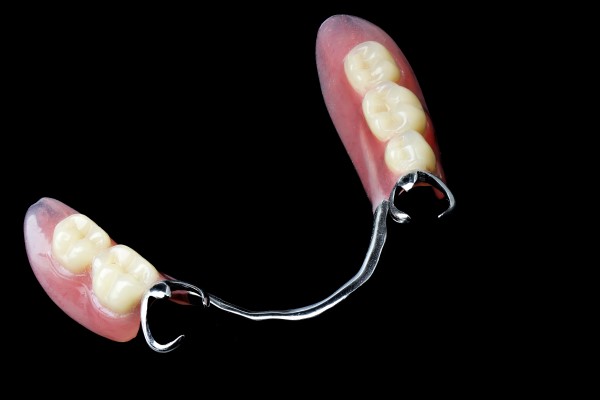How Do I Know If a Full Mouth Reconstruction Is Right for Me?

A full mouth reconstruction involves the restoration of most or all of your teeth. For patients with either no teeth or most of whose teeth are non-viable, a full mouth reconstruction, also known as a full mouth restoration, improves the appearance, functionality and beauty of the mouth.
What is a full mouth reconstruction?
Dental patients who are either missing most or all of their teeth, or who need to replace those teeth will need a full mouth reconstructive procedure to restore their mouth. Even when a single tooth is missing, issues begin to arise in the mouth. The teeth will start to shift toward that space, causing malocclusion and a heightened risk for tooth decay.
Eating, speaking, smiling and chewing properly and comfortably depends on the functionality of all the teeth. Disadvantages of missing or weakened teeth include dietary restrictions, decreased confidence, an inability to speak properly and the tendency to hide the smile.
A full smile reconstruction includes one or more of the following treatments:
Scaling and planing
For mild to moderate gum disease and plaque removal, the dentist will likely recommend a method known as scaling and root planing. This is usually the first treatment during a dental cleaning. Gum disease is characterized by red, swollen and infected gums. This can usually be cleared by using small tools to carefully remove plaque from the gumline. The area is then cleaned, and the result is a whiter smile and healthy gums. Gum disease, if left untreated, can cause tooth decay and even tooth loss.
Dental crowns
Teeth that are no longer viable can be restored using a dental crown. The appearance and functionality of a broken, chipped or severely decayed tooth can be restored via the use of a dental crown. These tooth-shaped caps cover and protect a tooth, and can be applied to all teeth that have sturdy roots.
Extractions
When teeth are no longer functional, extraction (taking the tooth out) may be necessary.
Root canals
Root canals are a last-ditch effort in saving the natural tooth. This treatment involves going into the inside of a tooth and clearing any infected tissue before filling the tooth and placing a crown over it.
Dental implants
Implants are prosthetic teeth that are surgically placed directly into the jawbone. These false teeth are the most effective, lifelike replacement for missing teeth. After a tooth falls out or is extracted, a dental implant can be inserted into its place.
Veneers
Veneers cover imperfections on the teeth and can improve the appearance of almost any tooth issue. These wafer-thin porcelain shells are bonded directly to the front of teeth to improve the appearance of the smile.
Implant-supported prosthetics
Some patients who are missing all their teeth are eligible to have a full smile replacement thanks to a system of strategically placed implants in combination with a prosthetic row of teeth. These permanent fixtures can restore any smile, especially for those who have lost most or all their teeth.
Ready for a new smile?
A full mouth reconstruction can give you the confidence you need to live freely. Call our office today to schedule a consultation and get on your way to a complete, beautiful smile.
Request an appointment here: https://www.providencefamilydentistry.com or call Providence Family Dentistry at (678) 496-7021 for an appointment in our Mableton office.
Check out what others are saying about our services on Yelp: Read our Yelp reviews.
Recent Posts
Partial dentures are a great tooth replacement option for missing teeth. They are easier on the mouth than full dentures but not as costly as dental implants. Those that wear partial dentures can expect an easier eating experience, better speaking and an aesthetically pleasing smile. However, with partial dentures comes discipline, meaning the wearer must…
Are you considering dental veneers? Read on to learn more about this dental procedure. A growing number of people are choosing dental veneers due to their popularity as a versatile cosmetic treatment. Dental veneers make teeth look better, but they must be properly maintained to last. Caring for your smile also helps your teeth and…
Tooth extraction may seem like a scary or daunting procedure, but it’s safe with few potentials for complications. We’re going to go through all the major steps to help put your mind at ease and make you more comfortable about any upcoming procedures.First, the dentist will administer an anesthetic. They may use a local anesthetic…
Thinking about getting dental sealant treatment? Dental sealants are a vital tool for preventing cavities or tooth decay. Tooth decay is a prevalent condition among children and teenagers, and when unchecked, it can lead to other serious oral issues such as premature tooth loss and gum disease. In combination with other preventive care measures such…


